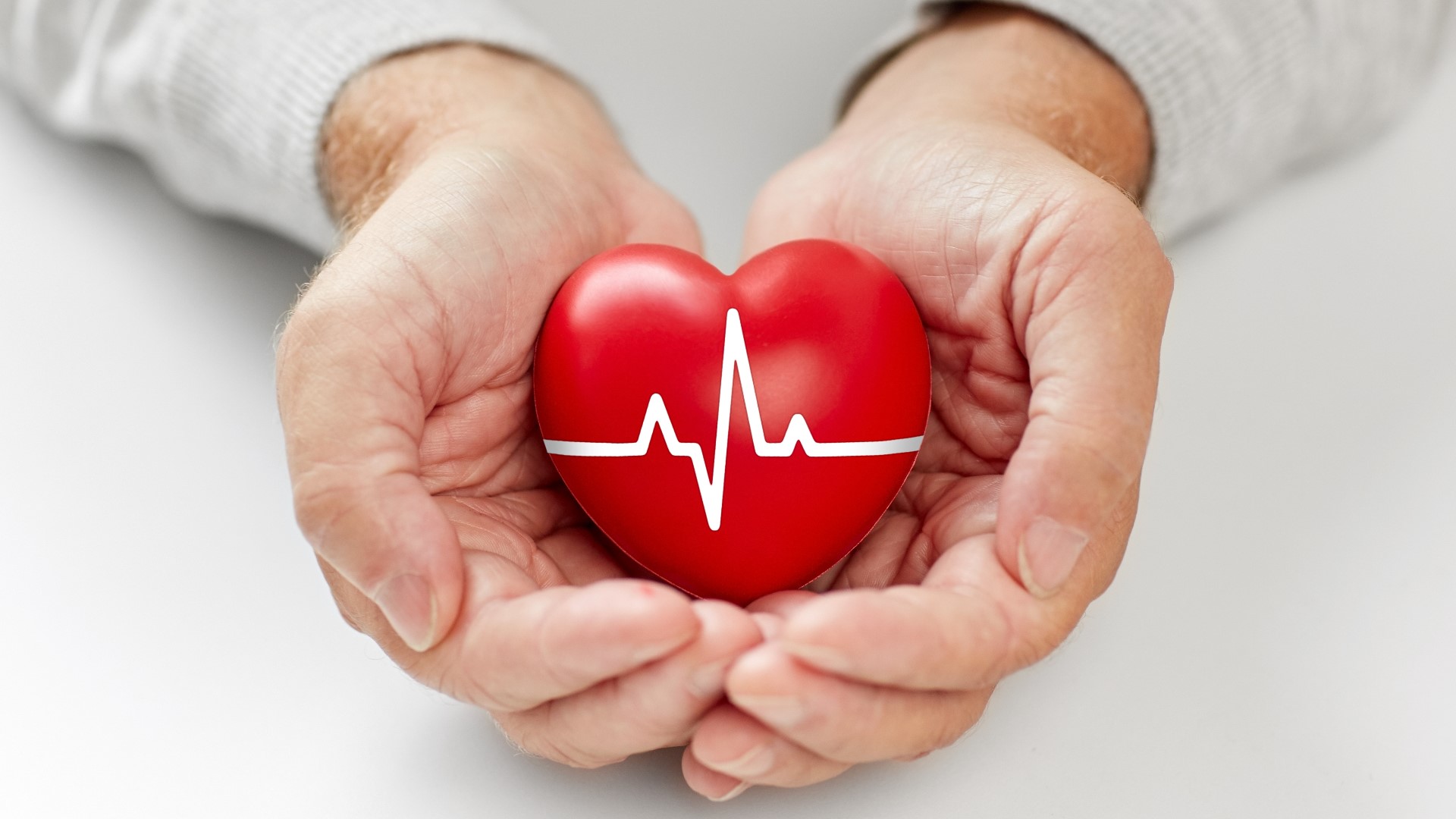PORTLAND, Maine — February is American Heart Month, and on Feb. 2 the American Heart Association urges you to "Go Red For Women."
Women are more likely to die from stroke than men, according to the AHA. And nearly 45 percent of females age 20 and older are living with some form of cardiovascular disease. That's an umbrella term for issues that can cause stroke or clogged arteries that lead to a heart attack.
All month long, all Northern Light Hospitals in Maine are lit up in red, urging people to do more research into their heart health. Dr. Craig Brett, a cardiologist with Northern Light Mercy, said knowledge can help with prevention.
"If you have a family history of heart disease, you have to start thinking about it pretty young; really beginning of adulthood," Brett said. "Somebody who has genetic cholesterol abnormalities can cause trouble early on. Typically, heart disease is more middle-aged, 40s, 50s, 60s and beyond, but it’s variable and really knowing what someone’s risk factors are can determine when they should really start being more concerned about it."
Risk factors include high cholesterol, high blood pressure, a history of smoking, and family history.
"Family history is a big one specifically here in New England where there’s an increased incident of genetic cholesterol abnormalities people may not know that they have, and it puts them at significant risk for heart disease," Brett added.
Brett said he wished more of his patients knew what their numbers were, meaning their blood pressure and cholesterol, and when they are high enough, to work on bringing them down.
When it comes to women and cardiac health, Northern Light said more women die from heart disease than breast cancer. The hospital's website also said they're 50 percent less likely than men to react quickly when there is an emergency heart situation.
"It’s really a well-known problem," Brett said. "Part of it is that women present a little differently than men. When someone has a heart attack or heart injury, oftentimes the symptoms are chest pain, chest tightness. Women will still often have that symptom, but they can have other symptoms too that are less typical."
Those symptoms can include discomfort or even pain in your arm or both arms or in your back, which some women have reported as feeling like they had sore muscles. They can also include discomfort in the neck or jaw, or in the stomach — nausea, cold sweats, or lightheadedness.
"Every day, almost every day I see women who are surprised that the symptom they were feeling was the result of underlying heart disease," Brett added.
He also said people should know that chronic stress can play a big part in your cardiovascular health, actually appearing as chest pain and tightness, when you aren't actually having a heart attack.
"It’s universal. Everybody’s stressed, things are crazy. I think being very mindful of that, where someone can control that, and know that that can help their cardiovascular health," Brett said.
As always, healthy habits like diet and exercise, maintaining a healthy weight, and being active will all help with prevention, he said.

